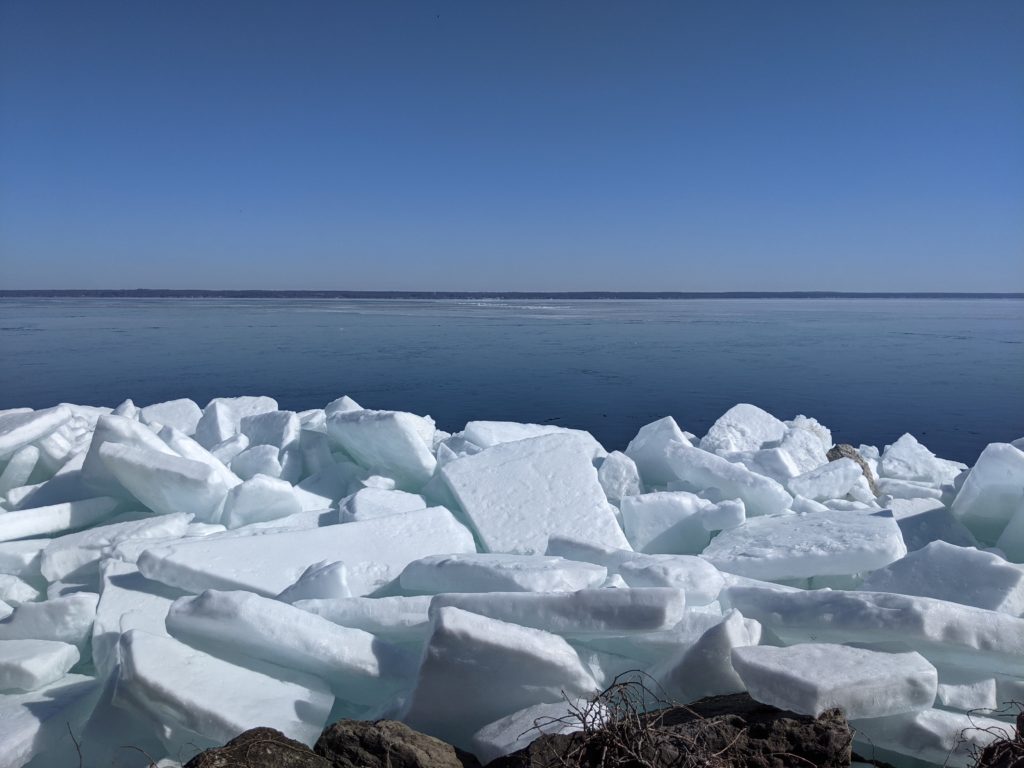
Northern lakes have warmed six times faster since 1992: Research
Lakes in the Northern Hemisphere have warmed six times faster since 1992 than any other time period in the last 100 years, according to research…

Lakes in the Northern Hemisphere have warmed six times faster since 1992 than any other time period in the last 100 years, according to research…
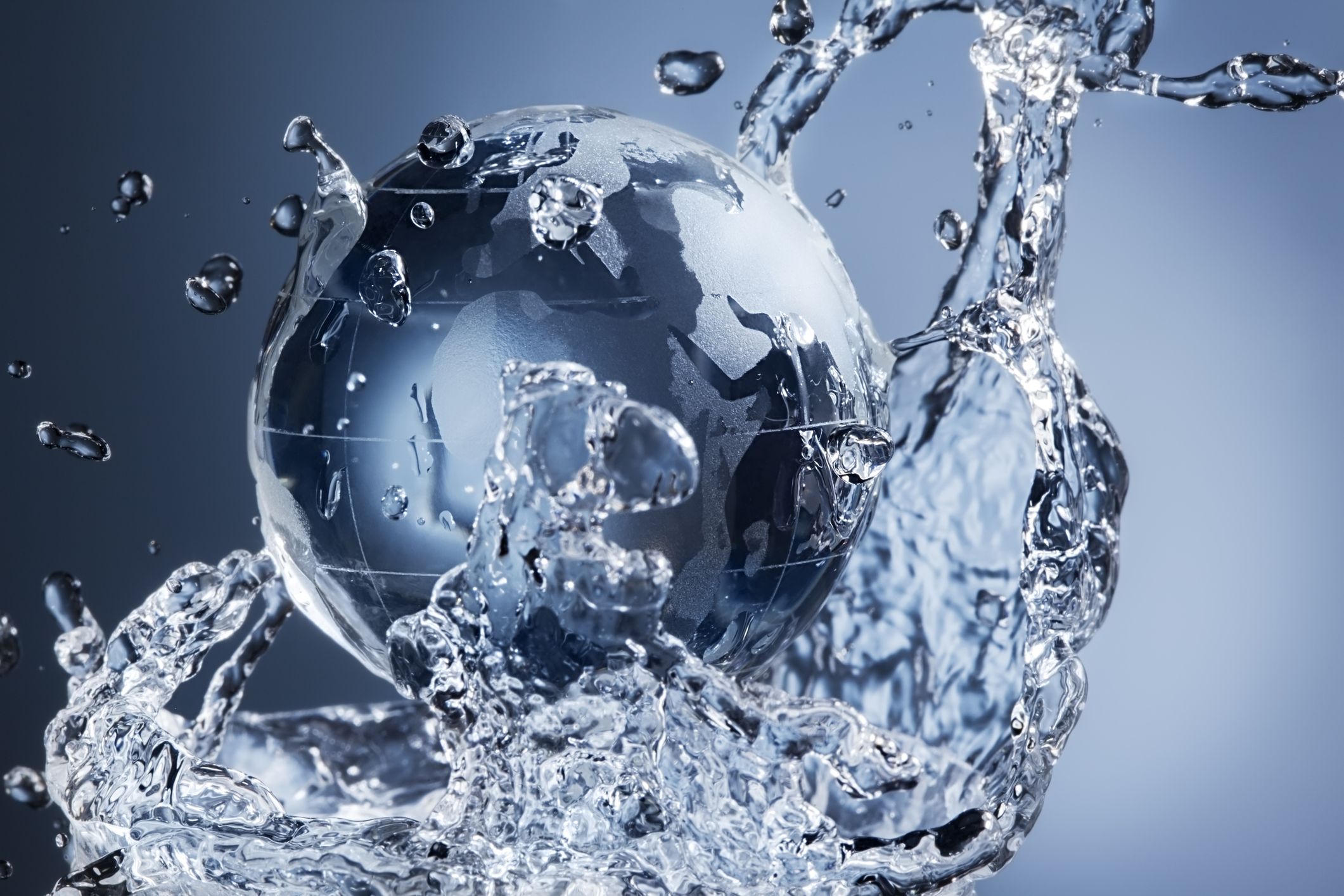
For years scientists have been trying to understand variations in El Niño and La Niña to accurately predict year-to-year disruptions to weather patterns. New findings…

The City of Saskatoon and University of Saskatchewan (USask) recently collaborated on a study to see if chemicals that leach from rubber tires are entering…
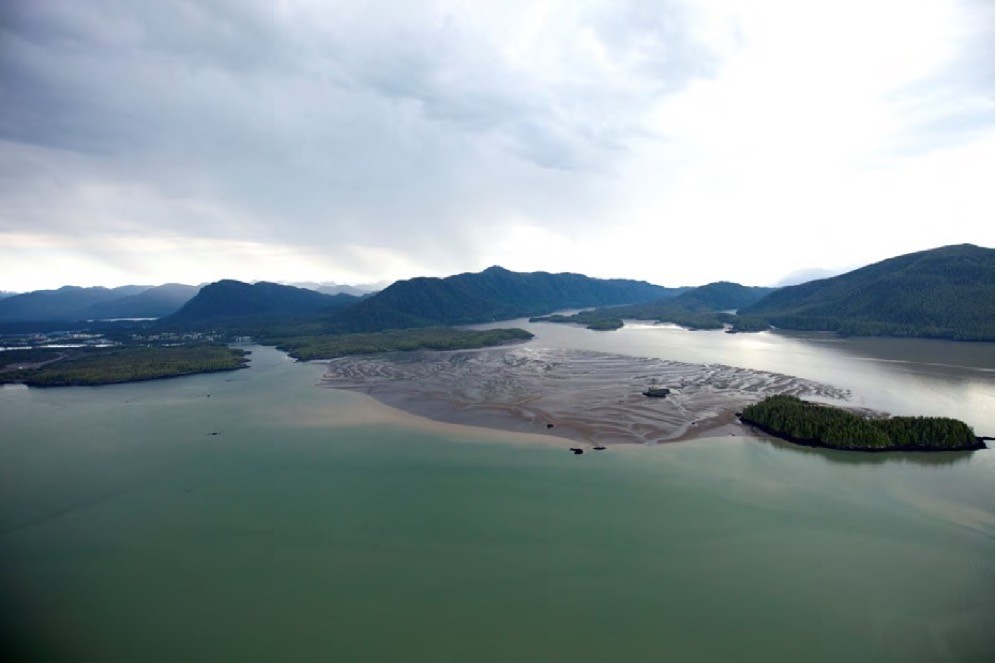
A new report on the value and vulnerability of juvenile salmon habitat in northern B.C.’s Skeena River reveals how climate change and development are critically…

More water lies within the Earth’s continental crust than previously thought, according to new estimates published in the journal Geophysical Research Letters. The estimates indicate…
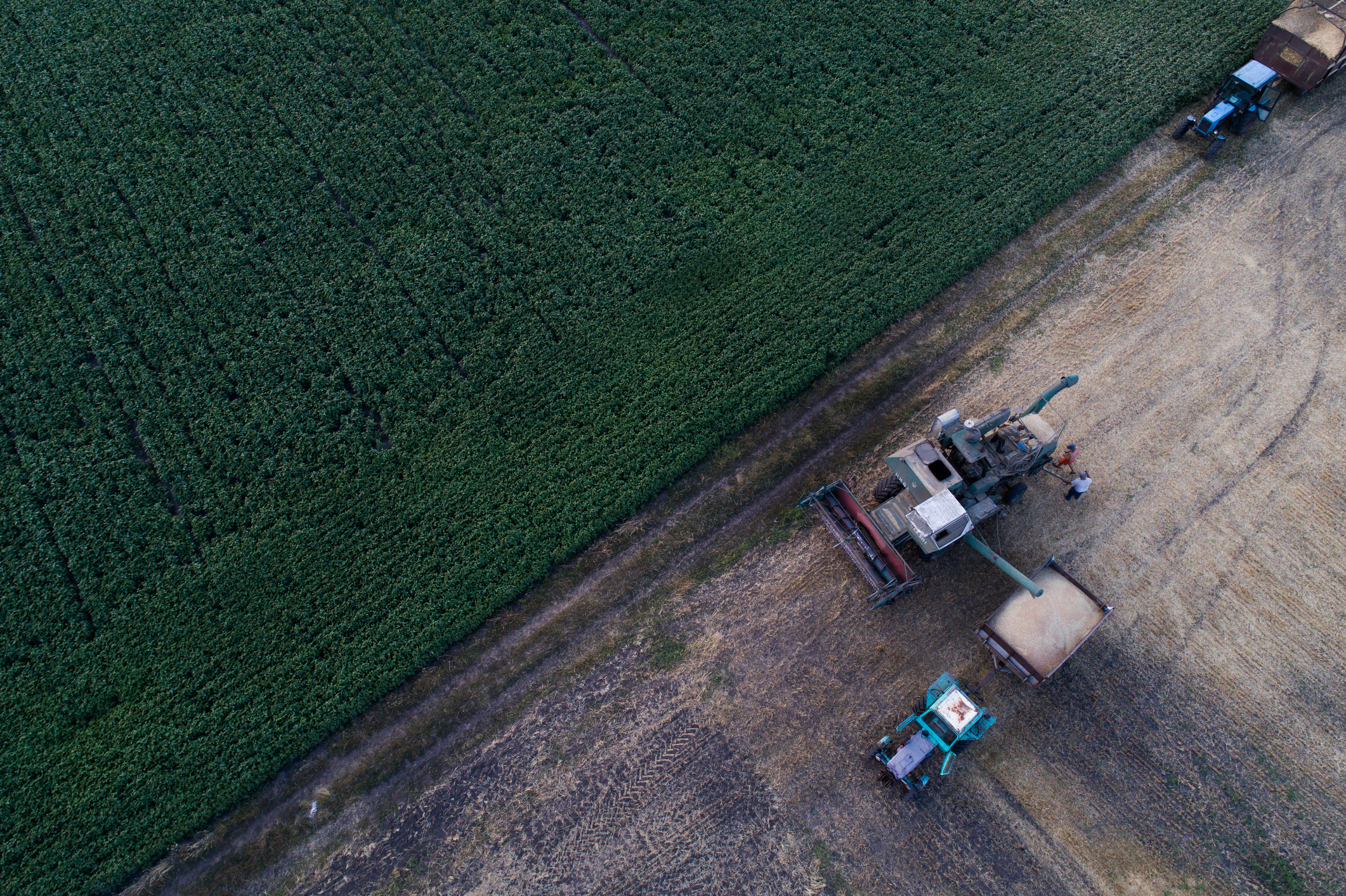
Leila Eamen, a PhD candidate at the University of Saskatchewan (USask), and her research team have developed a hydro-economic model. It investigates alternative ways to…
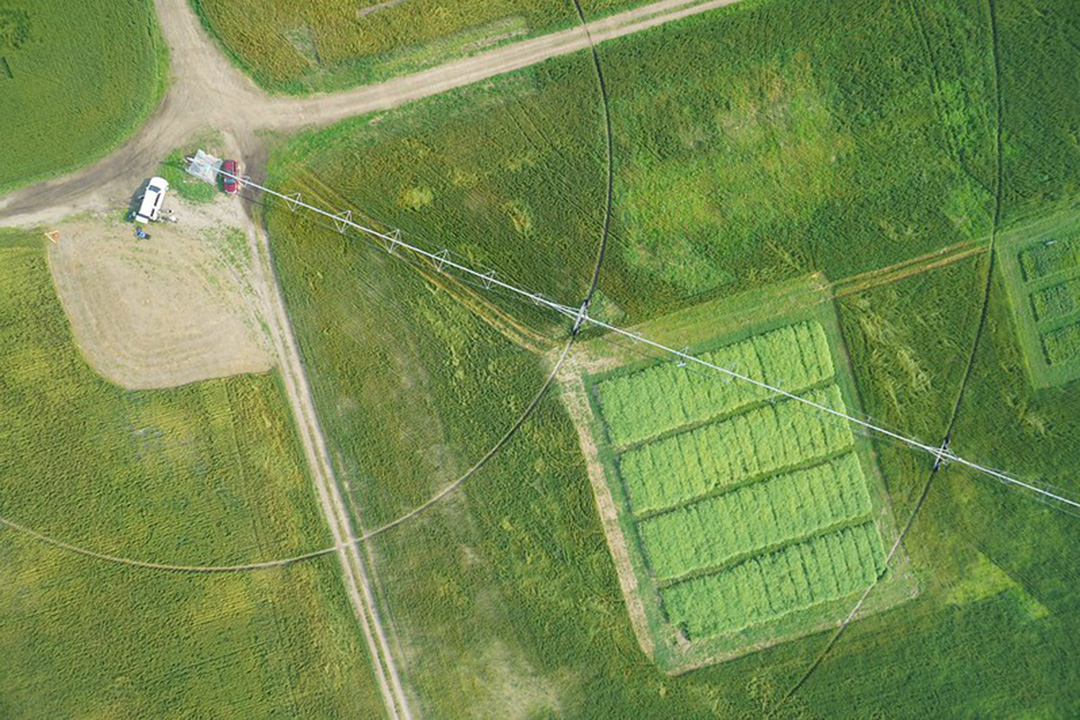
As farmers adopt high-tech irrigation systems to manage water use for economic, conservation, and environmental reasons, University of Saskatchewan (USask) researchers suggest policymakers should enact…
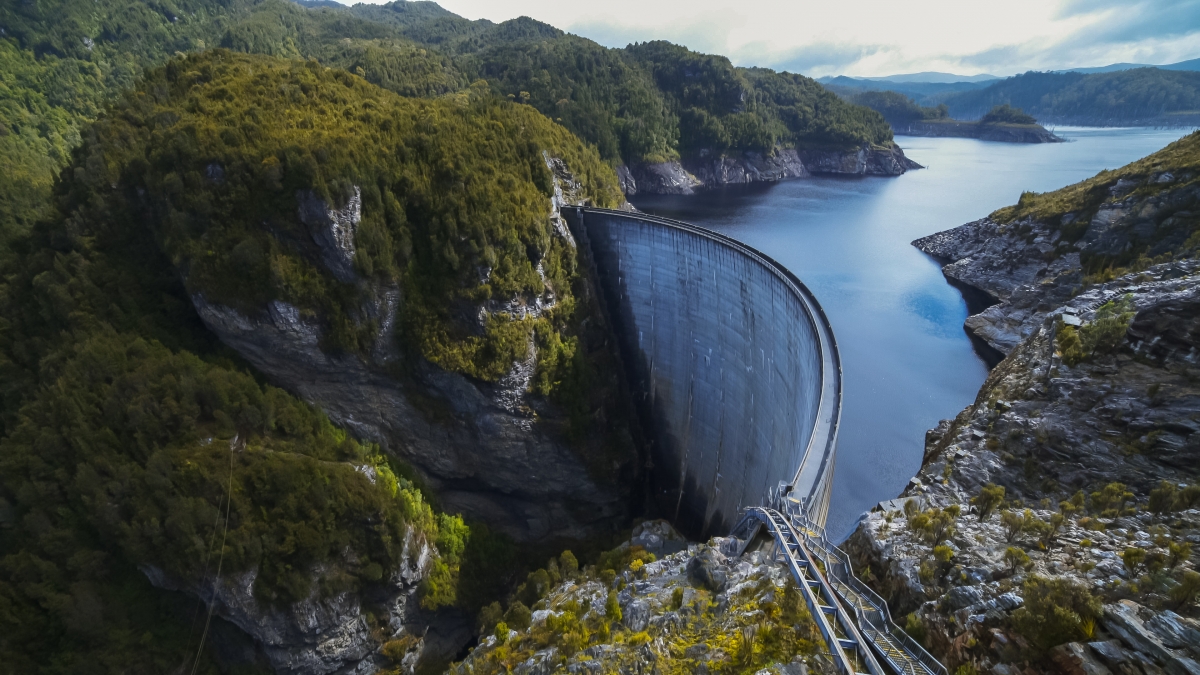
Over 260,000 kilometres of river could potentially be severed by planned hydroelectric developments, according to McGill University researchers. The Amazon, the Congo, and the Irrawaddy…
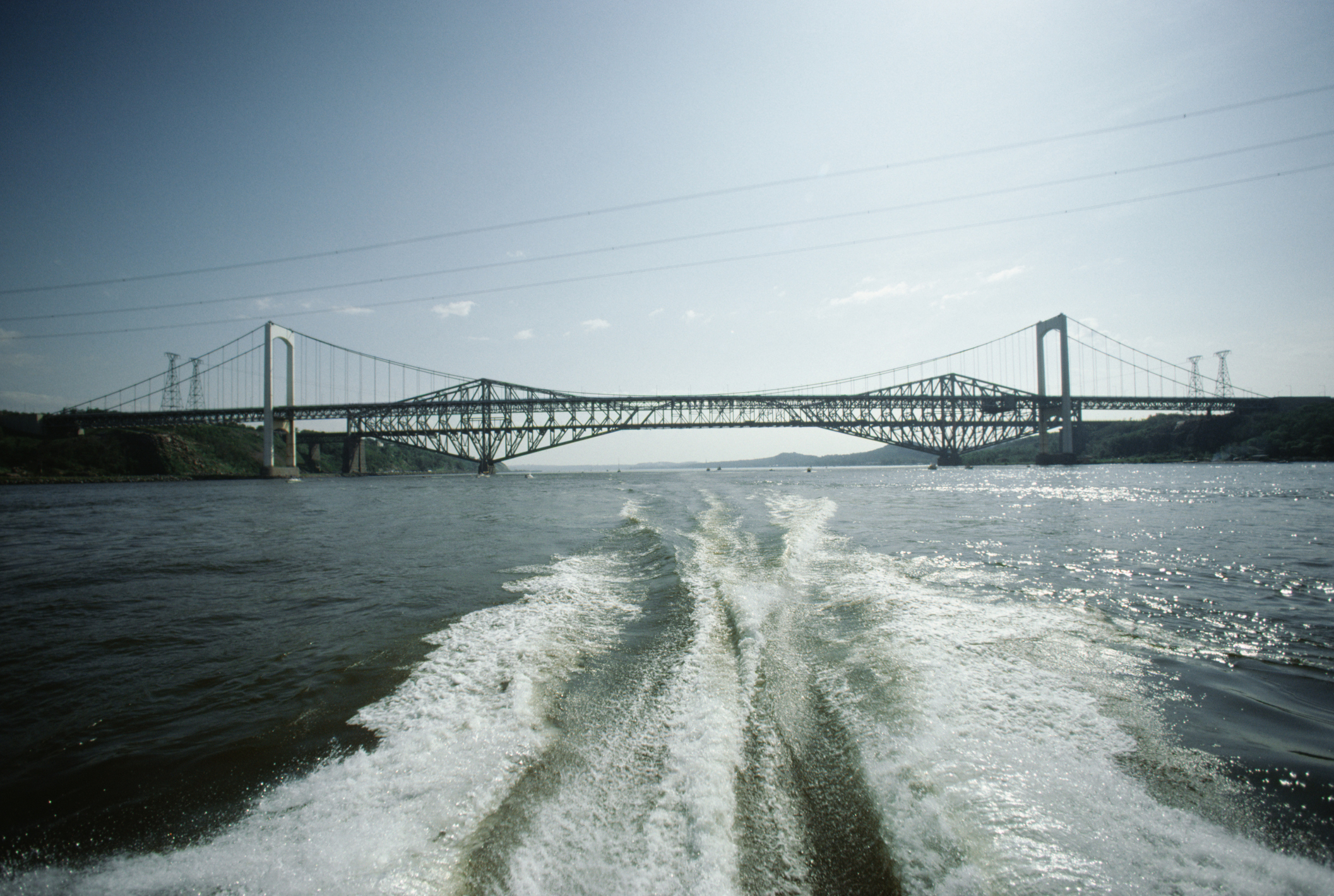
A team of researchers from the Institut national de la recherche scientifique (INRS) and Université de Montréal has received a $338,688 grant from the Ministère…
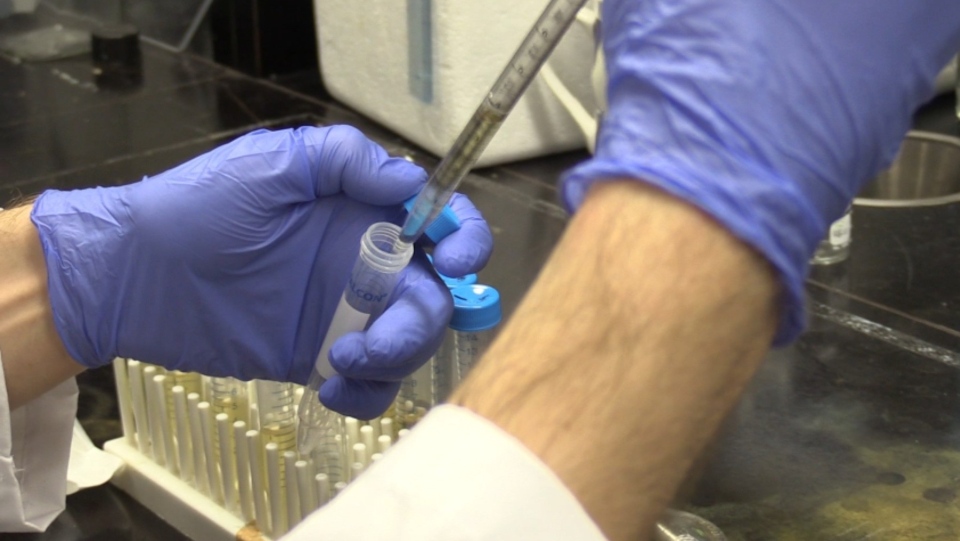
A study at three Calgary hospitals has proven that testing wastewater for COVID-19 can help identify cases and predict outbreaks in individual high-risk facilities. The…
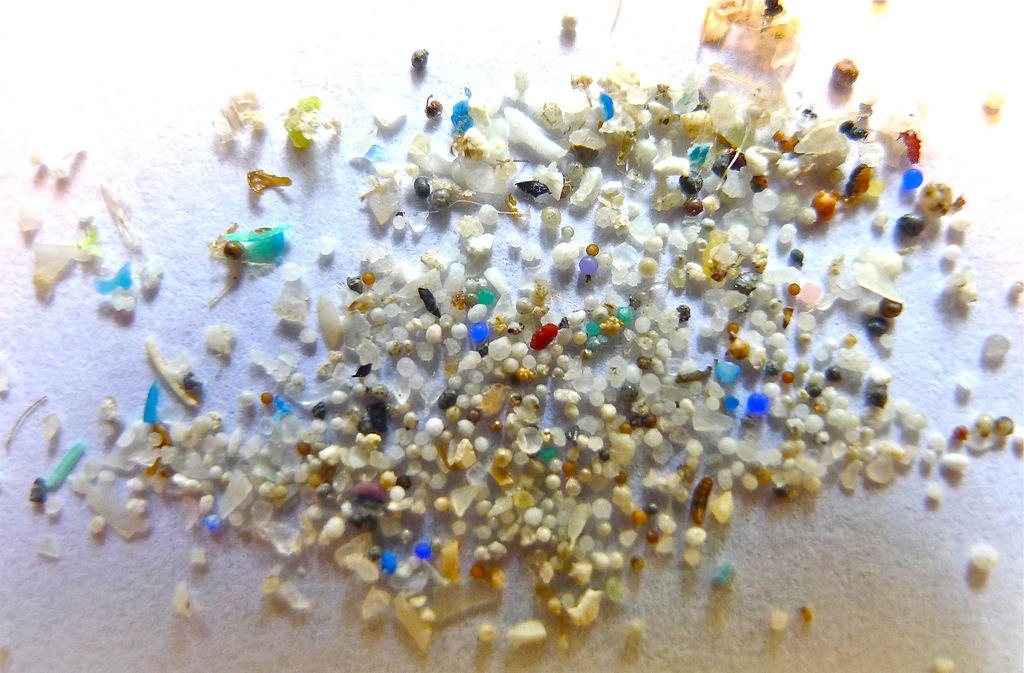
Protecting freshwater and farming soils from possible harmful effects of microplastics is the goal of a four-year, $1-million project led by University of Guelph researchers.…

Researchers have mapped groundwater circulation up to five kilometres below the surface—one of the first attempts to document the deepest parts of the hydrologic cycle.…
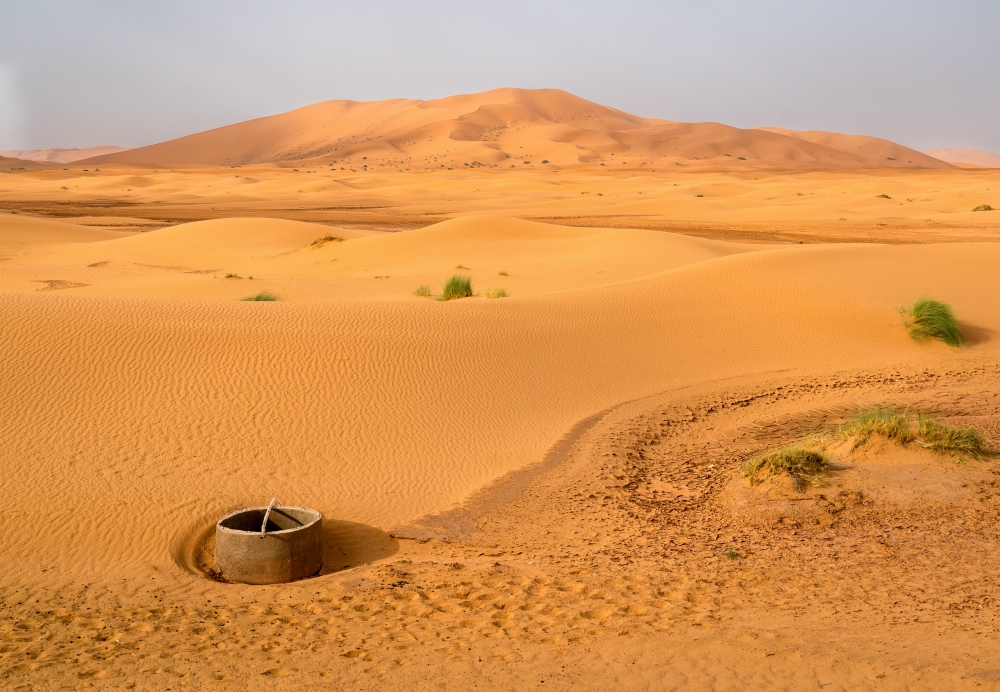
“Jack and Jill went up the hill to fetch a pail of water.” It’s a silly rhyme, but one that highlights a simple fact: humans…
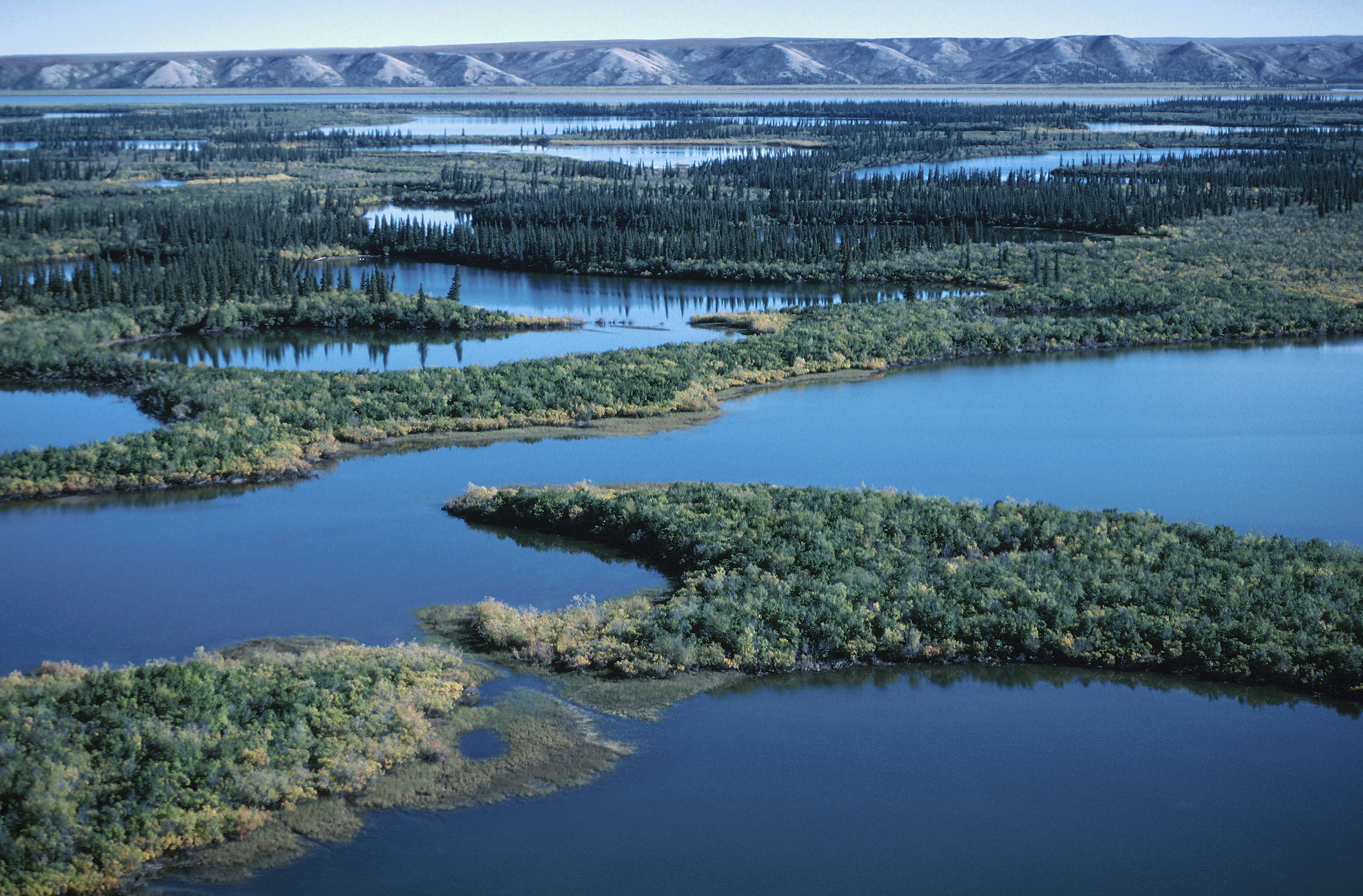
Water touches virtually every aspect of human society, and all life on earth requires it. Yet, fresh, clean water is becoming increasingly scarce—one in eight…

New research by a team led by University of Saskatchewan (USask) hydrologist Jay Famiglietti shows water is leaving the continents at an increasing rate, which…
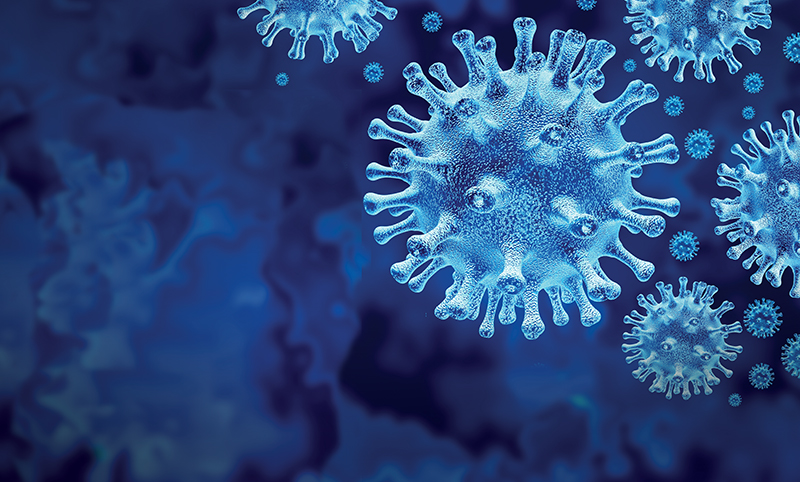
A University of Guelph (U of G) research team monitoring wastewater for SARS-CoV-2 is now searching for variants. Dr. Lawrence Goodridge is working with a team…

As spring nears, two University of Toronto researchers have found that the salt spread on roads and sidewalks in the Greater Toronto Area during the wintertime remains…
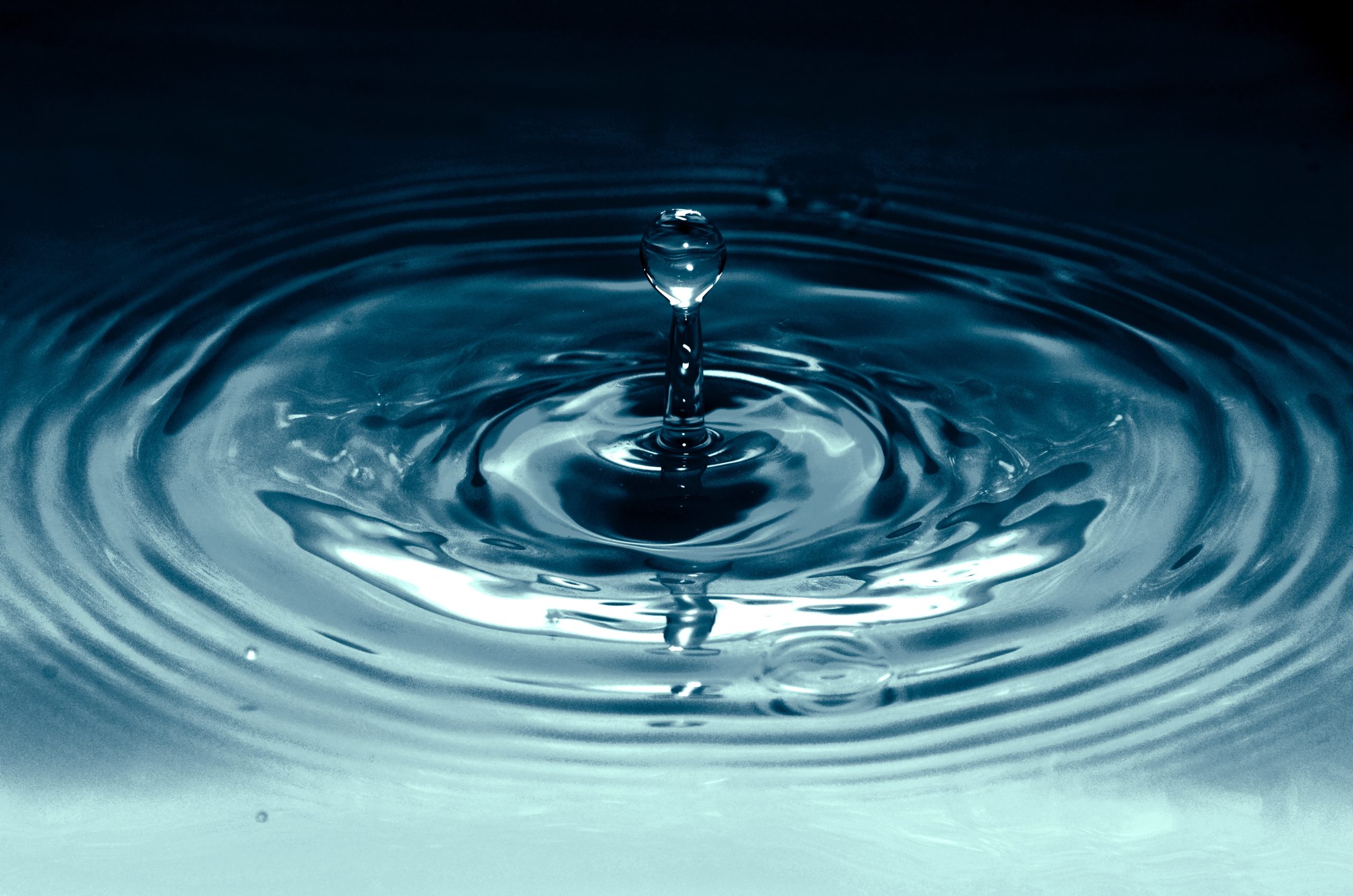
A multidisciplinary research team from the University of Saskatchewan (USask) has been awarded $289,000 for a project to develop water security solutions. The water security…
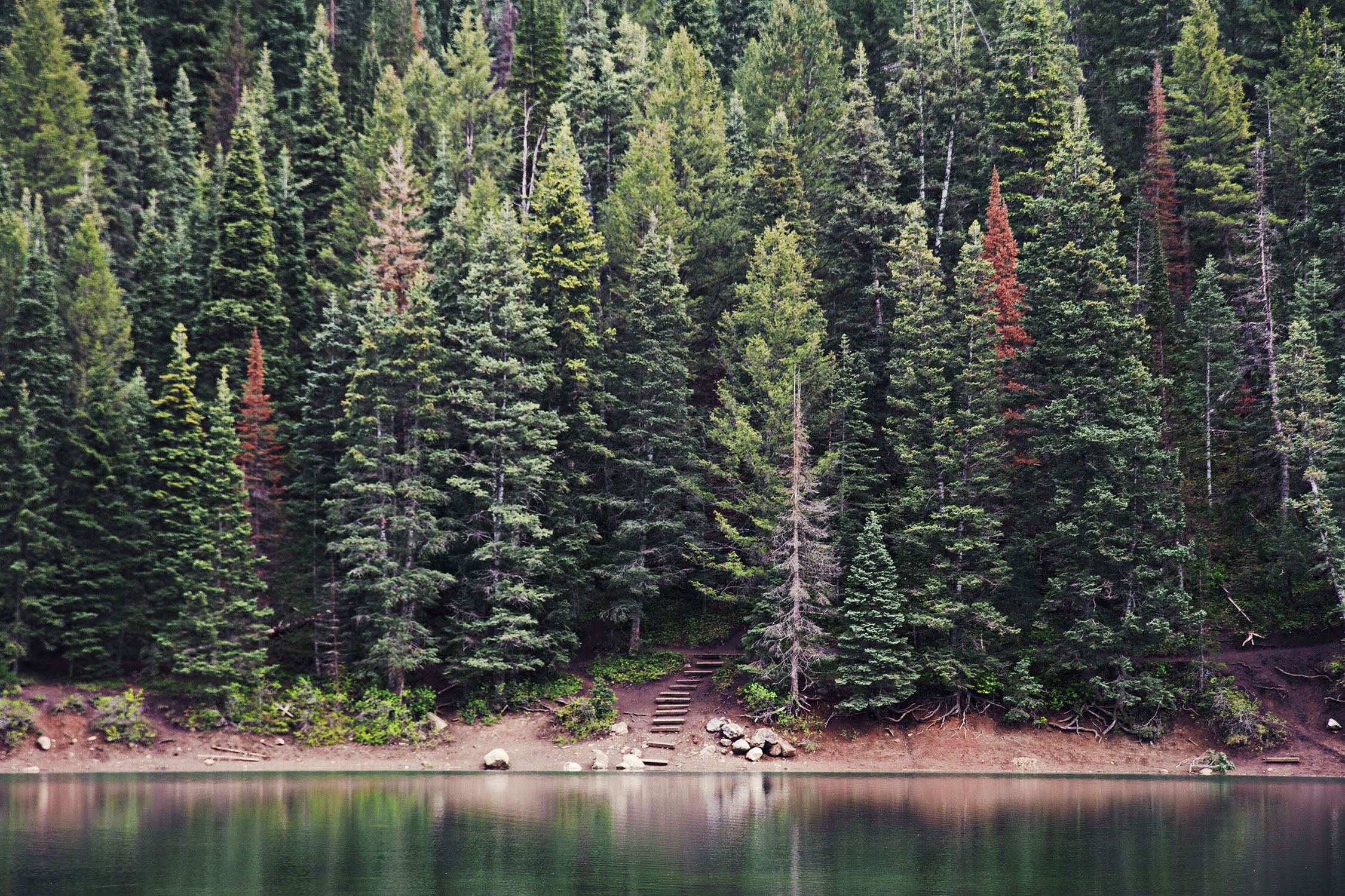
New research from UBC Okanagan suggests a systematic approach to forest and water supply research may yield an improved assessment and understanding of connections between…
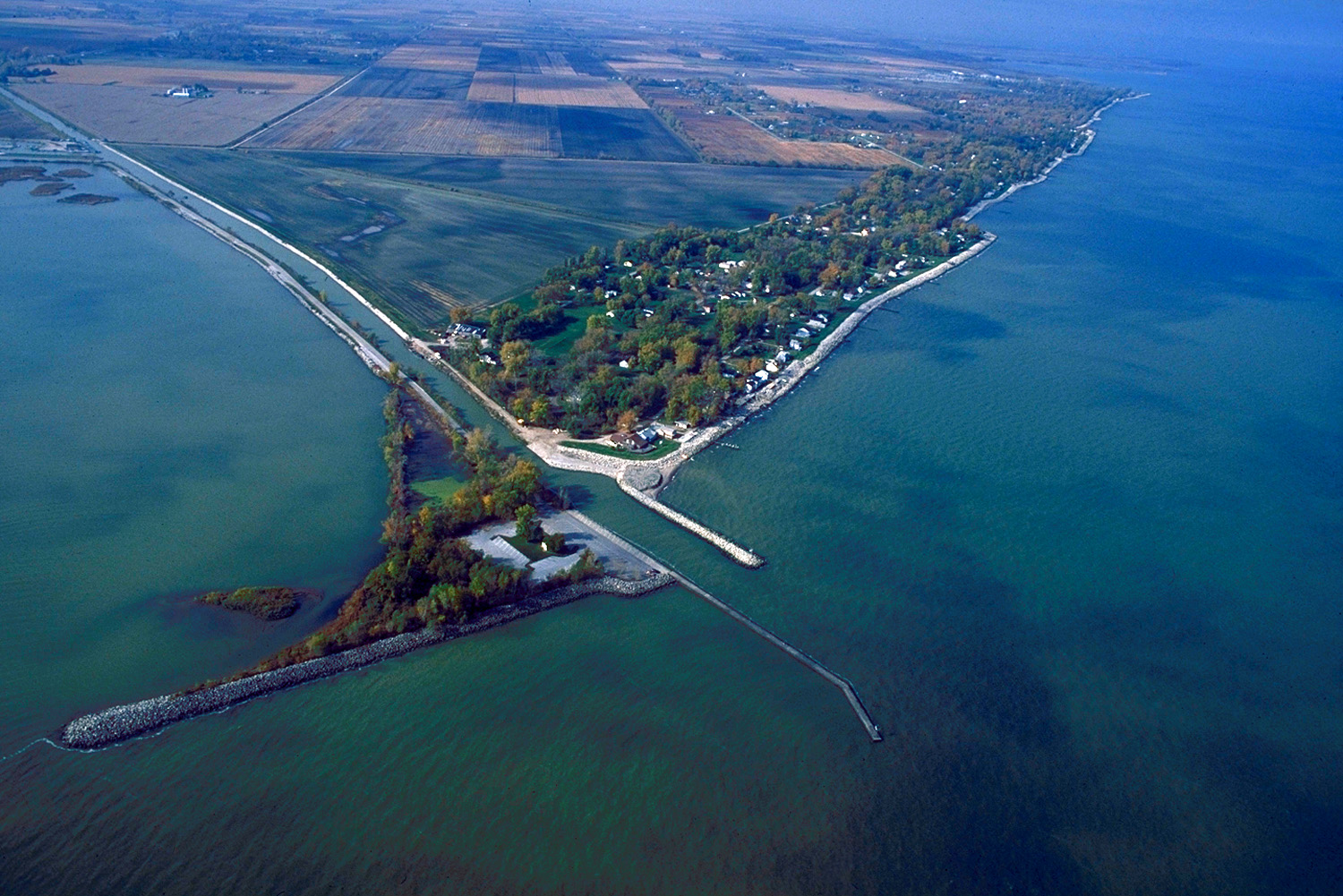
Climate change is leading to poorer water quality in Lake Erie, according to a new study led by University of Guelph researchers. More frequent extreme…

A research team from the Institut national de la recherche scientifique (INRS) has developed a process for wastewater treatment that degrades microplastics at the source. The results of this…

Pharmaceuticals, like a chemotherapy drug called methotrexate, can be highly effective for patients. However, these pharmaceuticals are finding their way into water bodies with wide-ranging…
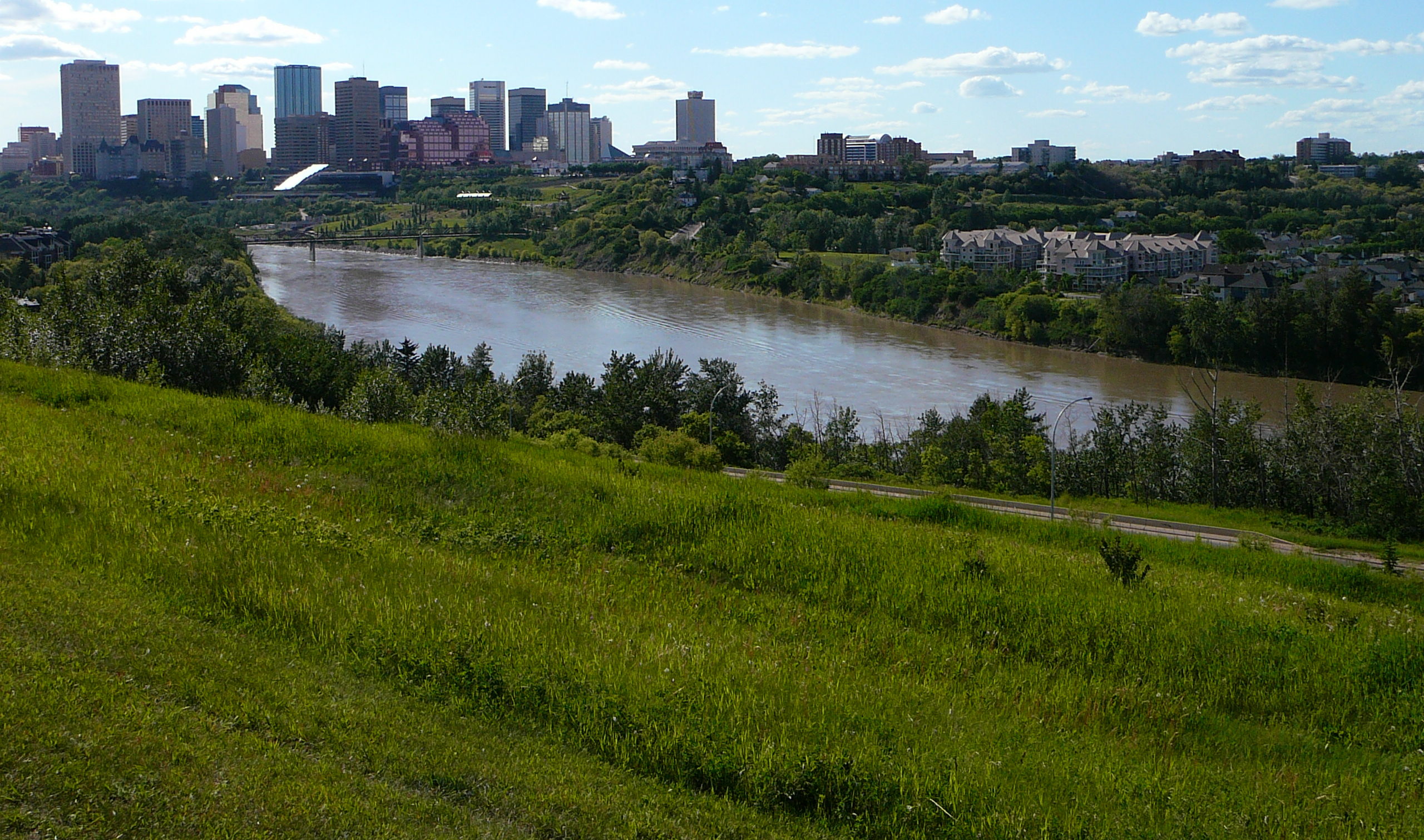
The number of “extreme streamflow” events observed in river systems have increased significantly across the United States and Canada over the last century, according to…
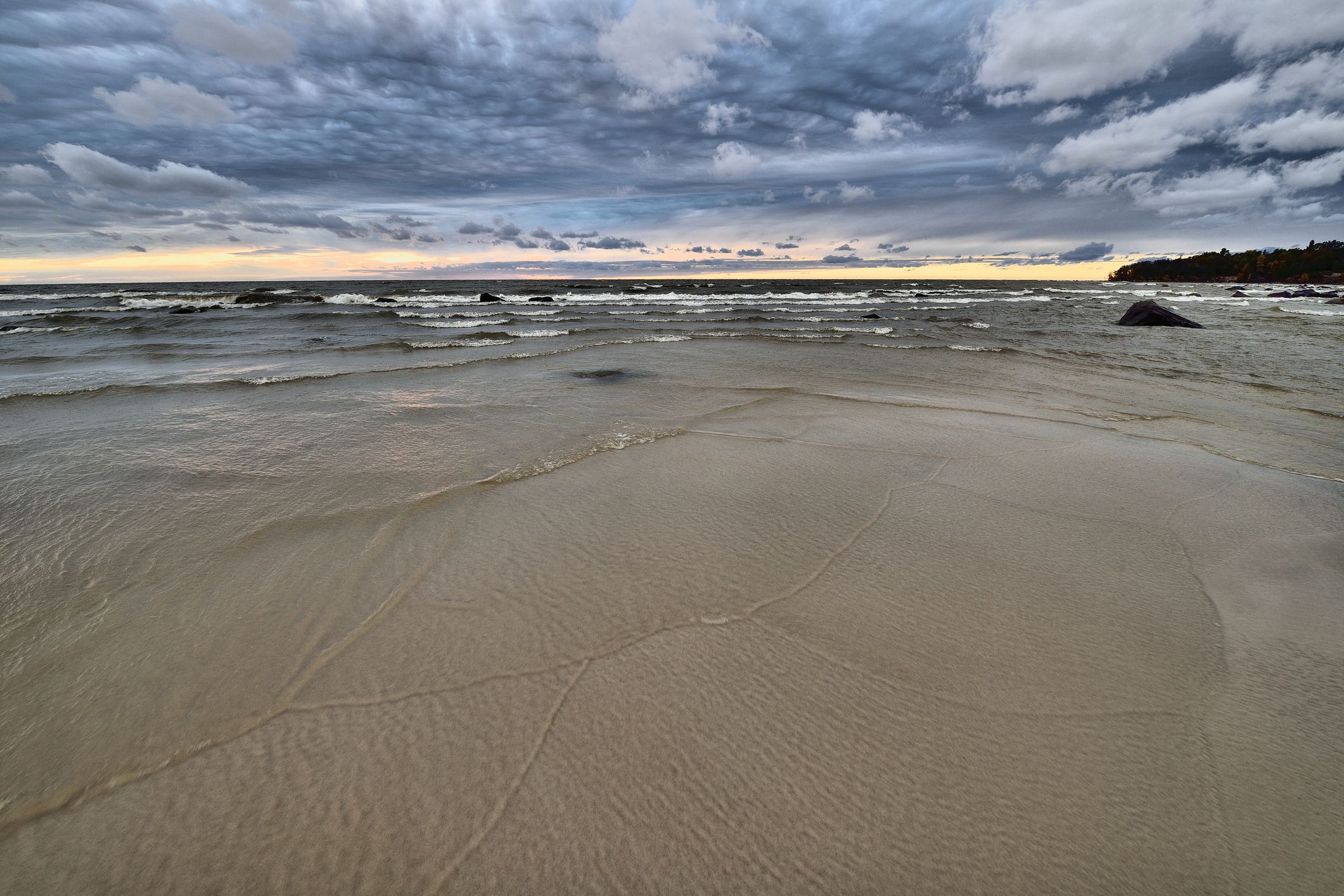
York University researchers have found that close to 5,700 lakes in the Northern Hemisphere may permanently lose ice cover this century. Those lakes include large…